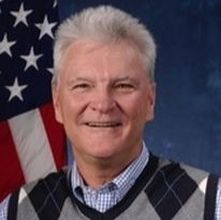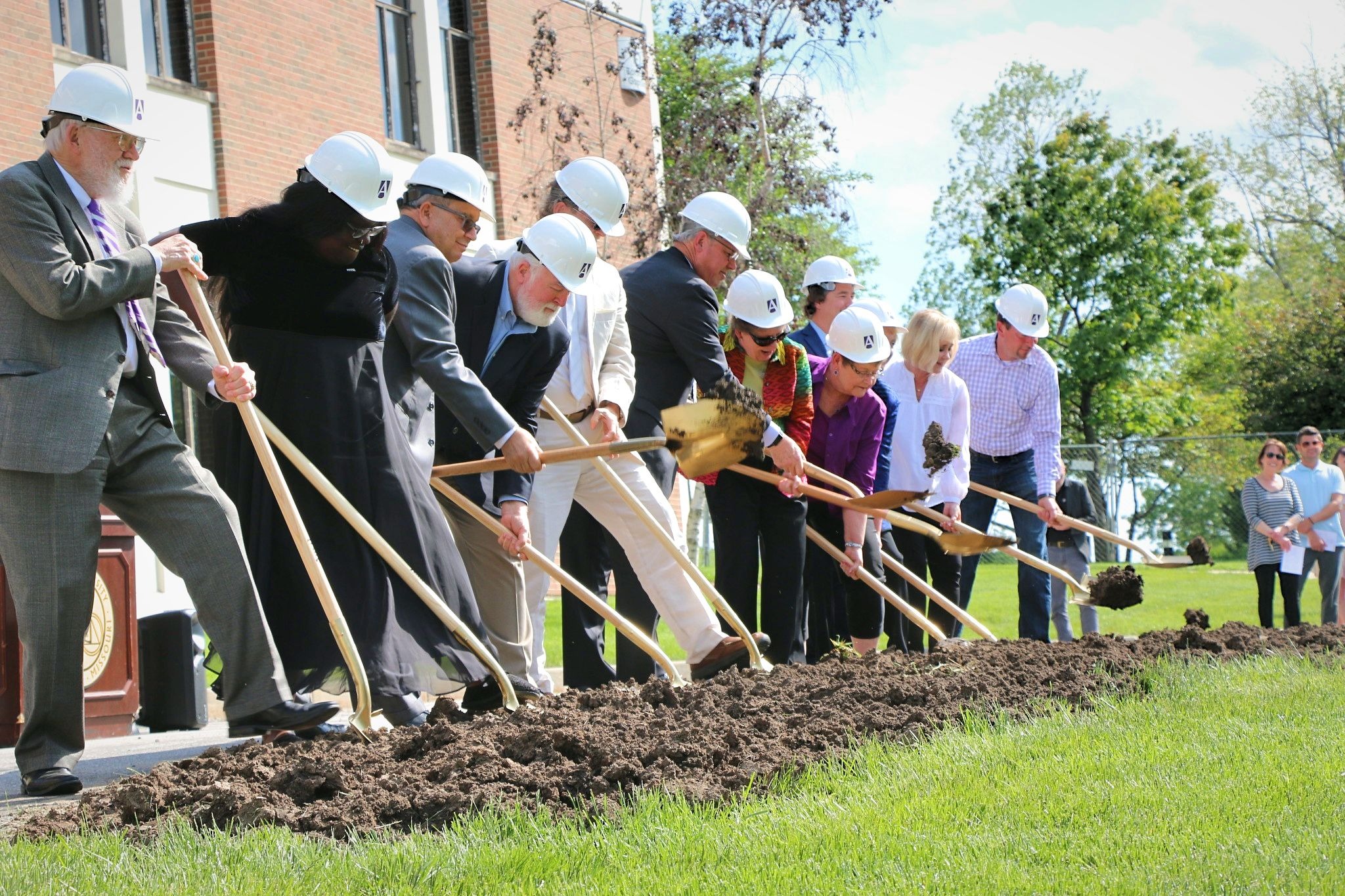The Avila School of Humanities hosted an animated, inspired discussion of artificial intelligence technology and and the role of the humanities in its development during the 2020 Humanities Roundtable this Wednesday, December 2.
Featuring guest Dr. Hugh Burns, noted scholar of rhetoric, technology and culture, the 2020 iteration took place virtually due to COVID-19 restrictions, a virtual solution to a real-world problem. This idea directly inspired this year’s topic, ‘How Do We Harness Technology for Humanistic Needs?’, according to organizer Amy Milakovic, Ph.D., Associate Professor of English.

“Artificial intelligence has already enhanced fields as diverse as health, education and business, and the pandemic has sped its growth and application,” she said. “We chose to discuss this trend because our work as scholars engages the overarching question of what it means to be human, and we see this as an opportune moment to address how to harness technology for humanistic needs.”
In addition to faculty from many Avila departments and schools, the roundtable welcomed Burns, Professor Emeritus and Chair of the Department of English, Speech, and Foreign Languages at Texas Women’s University and former Holland A. Coors Endowed Chair at the United States Air Force Academy. His pioneering research as an Air Force Lieutenant Colonel helped lead to early initiatives in artificial intelligence and intelligent tutoring systems.
“How do we make sense of all these intelligent technologies to harness them and how can we use the concepts we study in the humanities to help inform those technologies?” Burns asked during the roundtable. “In this moment, we are capable of designing technologies to be used, but also abused. The study and application of the knowledge within humanities disciplines can help us design technologies that better serve our needs.”
The Avila University School of Humanities Roundtable began in 2016 with a discussion of humanists’ response to the ‘Me Too’ movement. Since its founding, the meeting of faculty has continued to investigate how humanistic thought can affect positive change. This year’s event took place with the support of the Jeanne Lillig Patterson Innovation Grant.
